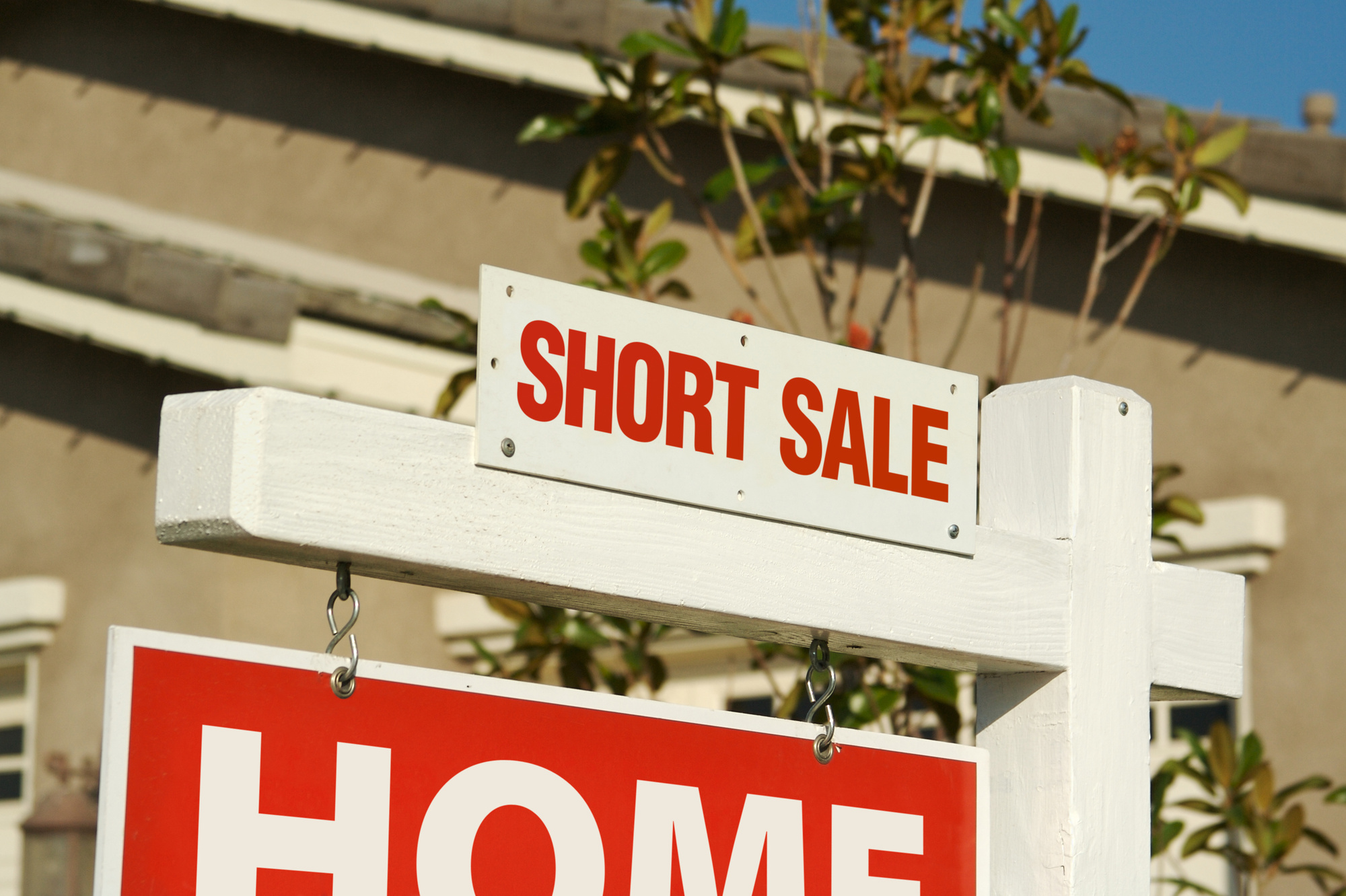Short Sale Or Foreclosure: How Should You Sell Your Home?
Are you a homeowner struggling to keep up with your mortgage payments?
If it has all become too much for you and you’re considering a short sale or foreclosure, we’re here to help.
In this article, we’ll give you the facts of both so you make the best decision for your situation. Read on to learn how.
What is Short Sale?
While sometimes there’s confusion between short sale or foreclosure, they’re quite different.
When you sell your house on short sale, you’re selling the house for less than what you owe on the mortgage. For example, if you still owe the bank $210,000 but decide to sell for $190,000, you would be selling your house on short sale.
Before you can begin with the short sale process, a few things need to happen. First, you need to get the bank or lender to sign off on the sale.
You will need to provide the bank with enough documentation explaining why you’re going through with a short sale.
Also, be aware that the process with be a lengthy one due to the amount of paperwork. Sometimes it could take up to a year to complete.
What is Foreclosure?
When your house goes into foreclosure, the bank or lender decides to part with the house after, as an owner, you stop making the payments.
While owners are the ones who initiate short sales, the bank or lender is the only one who can initiate the foreclosure process.
Since you’re not making the payments, the bank uses the house as collateral to get their money back in the investment.
Foreclosures either take place after the owner has left the house, or they get evicted once the process begins.
Pros and Cons of Short Sale
Before you consider going through with a short sale, you should weigh the pros and cons.
Pros
The first pro you should consider when selling your home short sale is you avoid foreclosure altogether. There’s a stigma around the word foreclosure that may leave homeowners feeling defeated.
If you consider this a pro, when you short sale your home, you get the satisfaction of knowing you avoided foreclosure.
You can get a real estate agent to take on the listing so you can move the house faster.
While the home goes through the short sale process, you don’t have to make mortgage payments unless you want to. This helps many homeowners repair their finances.
Also, according to the Fannie Mae guidelines, you could buy another house in 2 years instead of 5 to 7. And if you’re not 60 plus days late with your payments according to your credit report, you might be able to buy one right away.
Cons
Of course, short sales also have their shares of cons. For starters, your bank might not allow you to go through with the short sale.
Waiting for a response from the bank might take a really long time, and your finances might not be able to handle it. Not to mention, your credit score could take a serious hit.
It’s also possible your house will still go into foreclosure while you wait to hear back from the bank.
You will have to keep the house in excellent condition while you wait to sell it.
Pros and Cons of Foreclosure
When deciding between short sale or foreclosure, as attractive as short sale might seem, foreclosures are the best option for some homeowners.
Pros
When homeowners cannot wait the long short sale period, foreclosure is the best and immediate solution.
Since money is an issue, when you’re in the process of foreclosure, you can remain living in the house until you get evicted. This will give you an opportunity to repair your finances and until you figure out your next step.
You’re not responsible to keep the house in top shape like you are during a short sale.
Cons
You might lose sleep at night not knowing when you’ll get kicked out of the house you spent so much time making memories in.
You might feel embarrassed around your neighbors if the bank places a “Notice of Public Sale” outside your home.
The impact to your credit could take years to repair. A foreclosure can impact your credit score for up to 10 years.
You might not be able to buy a new house for 7 years. However, if you prove you had to foreclose your house under extenuating circumstances, you might be eligible to buy a house in 3 years.
Who Should Consider a Short Sale?
If you have weighed your options carefully and don’t want to go through a foreclosure, then a short sale is right for you.
The best candidates for a short sale are those who have negative equity on their property and are unable to make the payments on their house.
If you’re able to provide a good explanation to the bank why you need to short sale, you’re a good candidate.
Also, those who are considering a short sale, shouldn’t be that far behind or delinquent on their mortgage payments. Otherwise, the house might go into foreclosure before the short sale process starts.
Who Should Consider Foreclosure?
Some people battle between short sale or foreclosure when they have a bit more options.
However, homeowners who are delinquent on their payments, and don’t have a valid reason to request a short sale, might be left with foreclosure as the only option.
If thinking about your inability to make the payments on your mortgage is keeping you up at night and affecting your health, it might be a good reason to consider foreclosure.
Short Sale or Foreclosure: Which Is Right for You
Short sale or foreclosure, there’s no right or wrong answer. It all depends on what feels right to you and what will bring you the most benefits and free you from the financial burden.
Make sure you do your research to make the best decision for you.
Interested in learning more about whether or not a short sale is right for you? Then visit our blog for more tips.



Leave a Reply
Want to join the discussion?Feel free to contribute!